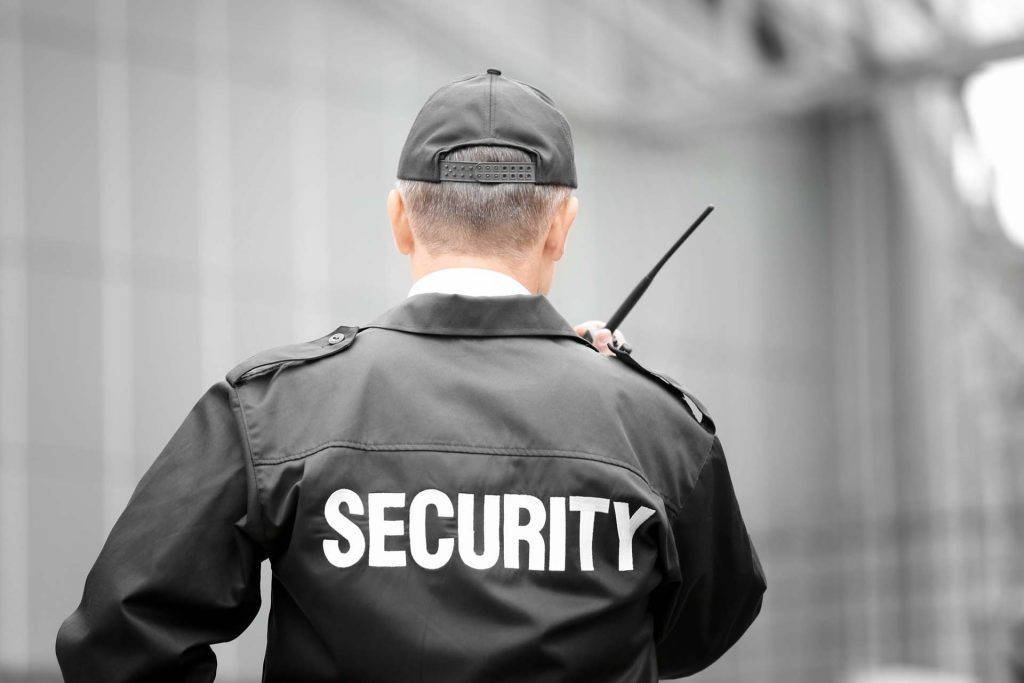
Introduction
Hosting a successful event means more than décor, catering, or guest engagement — it’s also about ensuring safety, flow, and positive experience. Good event security is largely invisible: it protects without overshadowing the guest experience. At Gospel Security, we help event planners strike that balance — enabling safe, smooth, and memorable events of all sizes.
Key Vulnerabilities at Events
- High foot traffic and crowd bottlenecks (entrances, exits, staging areas)
- Unauthorized or disruptive attendees
- Theft, vandalism, or lost items
- Poorly managed emergency exits, lighting, or signage
- Coordination with onsite staff, vendors, emergency services
- Late-night or after-party vulnerabilities
Gospel Security’s Approach to Effective Event Security
- Pre-Event Planning & Risk Assessment
- We begin by collaborating with event organizers to understand the venue layout, guest flow, expected attendance, timing, staffing, and any VIP or high-value elements (speakers, equipment, etc.).
- We identify potential pinch‑points (bottlenecks, dark zones, vendor access areas, parking ingress/egress).
- Develop an access control plan (guest check-in, credentials, restricted zones).
- Discrete Yet Visible Security Presence
- Our officers are trained to maintain a professional but non‑intrusive posture. Their presence is apparent enough to deter misconduct but respectful of guest comfort and ambiance.
- Marked vehicle patrols, when applicable, reinforce deterrence around perimeter/parking areas and respond swiftly to incidents.
- Crowd Flow & Emergency Response Coordination
- We help design ingress/egress flows that minimize cross traffic, confusion, and congestion, especially before and after peak periods.
- Officers are briefed on emergency protocols, nearest egress points, local law enforcement routes, and can coordinate with event staff in real time.
- Communication & Rapid Escalation
- Real-time radio communication, incident reporting protocols, and backup deployment plans ensure quick response if an incident arises.
- Any suspicious activity is documented and escalated according to protocol, with minimal disruption to the guest experience.
- Post-Event Debrief & Continued Improvement
- After the event, our team reviews incident logs, feedback, observed bottlenecks or congestion issues, and suggestions for future improvements.
- Clients receive a report summarizing findings and recommendations for future events (e.g. additional staffing at entry or parking, lighting improvements, additional signage).
Tips for Event Organizers to Work Smoothly with a Security Partner
- Provide your security team with venue floor plans, staging timelines, vendor access schedules, and guest arrival flow ahead of time.
- Communicate clearly with your security partner about VIP areas, sensitive equipment, or guest-of-honor movement.
- Inform guests (via pre-event materials) of any credentialing process (badges, check-in, ID checks) to streamline entry.
- Make sure lighting, signage, and emergency exits are well-marked and visible.
- Plan for pre- and post-event vehicle traffic flow, parking ingress/egress, and vendor drop-off routes — clear coordination avoids confusion and potential safety hazards.
Conclusion
An effective security partnership doesn’t impede the ambiance — it enhances it by enabling guests to enjoy the event without worry. With thoughtful planning, trained personnel, and seamless coordination, Gospel Security helps make your events safer, smoother, and more successful.